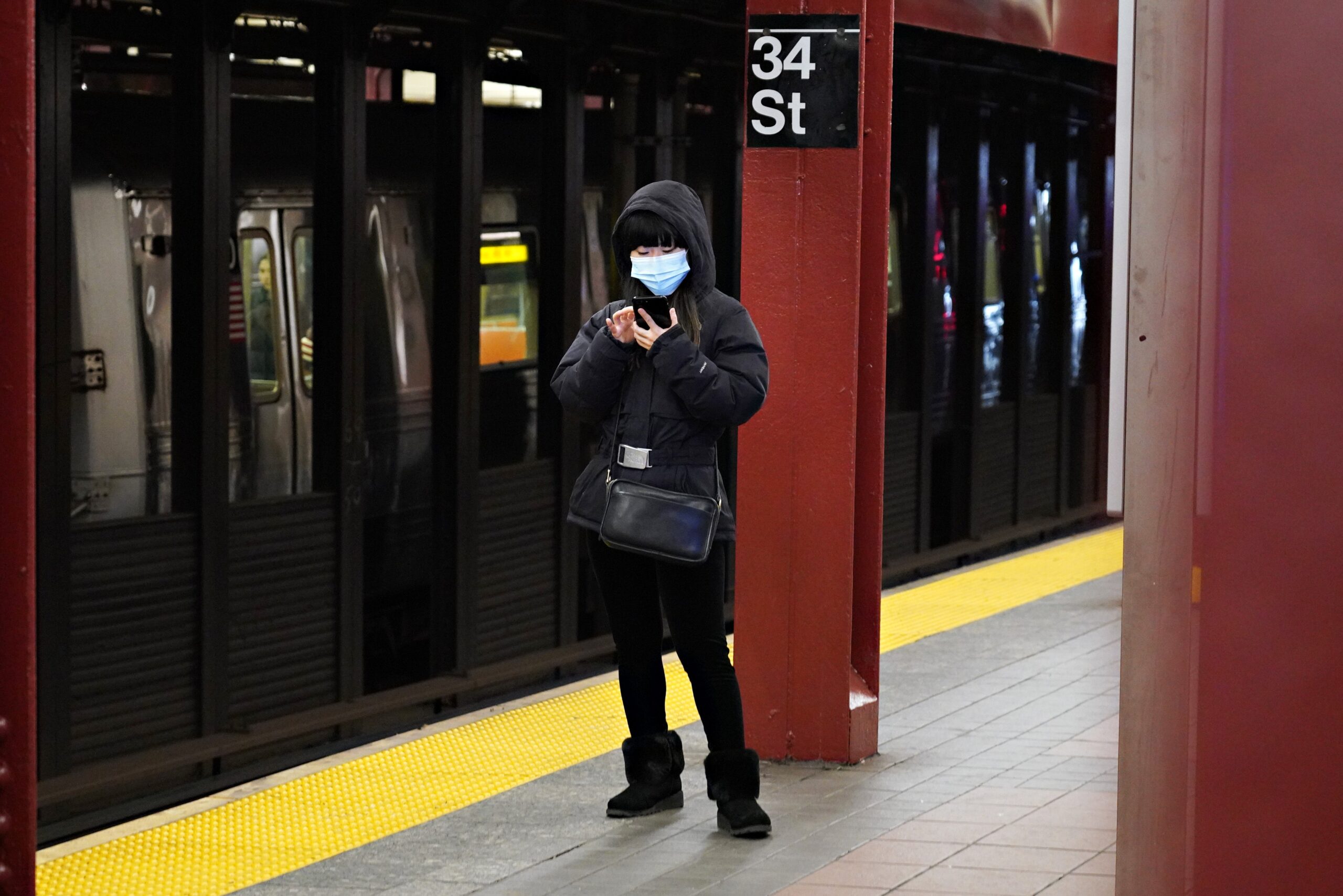Amira Hunter, 23, was released on Thursday after a viral video emerged of the young unhoused woman hitting a New York City subway cellist with a water bottle. She was arrested on Wednesday, two weeks after the attack.
Suggested Reading
In the viral video, Hunter can be shown grabbing a metal water bottle next to subway cellist Iain Forrest, 29, at 34th street station. She swiftly knocks him over the head with the bottle. Forrest, a medical student, is seen clutching his head in pain.
Hunter was released under supervision to a shelter.
The incident — as well as her initial release — sparked instant outrage — with people in the comments of the video arguing that she should “rot” in prison.
Incidents like this have often been used to foment fear around unhoused people, especially in New York City, even though unhoused people themselves are disproportionately the victims of violent crimes.
Jullian Harris-Calvin, Director of the Greater New York Justice Program at The Vera Institute, says that Adams and other city leaders have done more than just miss the mark; their actions helped lead to Neely’s death.
“All of this fear-mongering and misinformation that we’ve heard from a lot of our elected leaders and law enforcement leaders around crime and violence in the city has really led to these kinds of really tragic events like Jordan Neely’s death,” says Harris-Calvin.
Harris-Calvin said that adding that a compassionate approach would make a world of difference.
Rather than take a compassionate approach to dealing with homelessness and mental health, Harris-Calvin says the Adams administration has pushed a jail and law enforcement first approach. “If the messaging was sympathetic and empathetic and really addressed the nuances of homelessness and mental health concerns,” she says. “folks likely wouldn’t feel so threatened that they felt they needed to take this kind of physical force against someone that they saw who was clearly mentally unstable.”
Hunter’s next court date is scheduled for April 2.
Straight From 
Sign up for our free daily newsletter.



